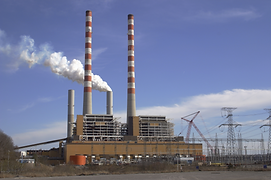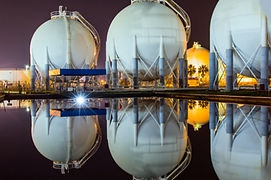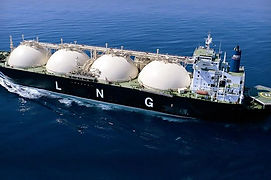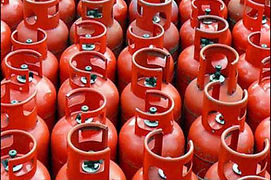
TRADING
Stonehege aim to serve some of the world’s leading refiners, providing them with a reliable and consistent supply of quality crude oils. We also work in long term partnerships with crude oil producers, helping them to maximize the value of their supply through effective marketing.
Crude Oil
Crude oil is a natural fossil fuel which, once refined, is used to create most of the energy sources used industrially and domestically, from gasoline and diesel to power vehicles, to jet fuel for aircraft and fuel for ships. It is also used widely in the production of chemical products such as pharmaceuticals, solvents, fertilizers, pesticides and plastics.
Crude oil varies in chemical structure, thickness or viscosity, depending on where in the world the oil was drilled. It can have a low Sulphur content (known as sweet oil) or higher levels of Sulphur (sour oil), and it can be of lower density (known as light) or higher density (called heavy oil)
Stonehege aim to serve some of the world’s leading refiners, providing them with a reliable and consistent supply of quality crude oils. We also work in long term partnerships with crude oil producers, helping them to maximize the value of their supply through effective marketing.
Fuel Oil
Fuel oil, which is distilled from crude oil and often left as residue during the refining process, refers to a range of the least volatile and heaviest of the commercially used fuels.
Some 10% of fuel oil produced is used to power large ships. A further 15% is used for heating and the remainder is used by refineries as feedstock for further upgrading.
Natural Gas
Natural gas is a hydrocarbon gas mixture largely made up of methane and some other gases. The gas is typically removed from deep underground rock formations with drilling rigs, processed to remove impurities such as water and carbon dioxide, and sold as consumer fuel for heating, cooking or generating wholesale electricity. It is also used to power vehicles and in the manufacture of plastics and chemicals.
LNG
Liquefied Natural Gas (LNG) is natural gas, cooled to minus 161°C until it becomes a liquid. It is stored under atmospheric pressure and reduced in volume by the ratio of 1:600. As a liquid, natural gas is easier and less costly to transport, particularly where pipeline processing is not available. Once regasified at its destination, it serves the same purposes as natural gas, such as a consumer fuel for heating, cooking or electricity generation.
LPG
LPG (Liquefied Petroleum Gas) is predominantly propane and butanes, either segregated or in various ratios and mixtures of each product. LPG is a by-product of the refinery process, transported mainly in pressurized vessels. LPG is also a by-product of crude oil production (Associated Gas) and a by-product of natural gas production (Non Associated Gas).





